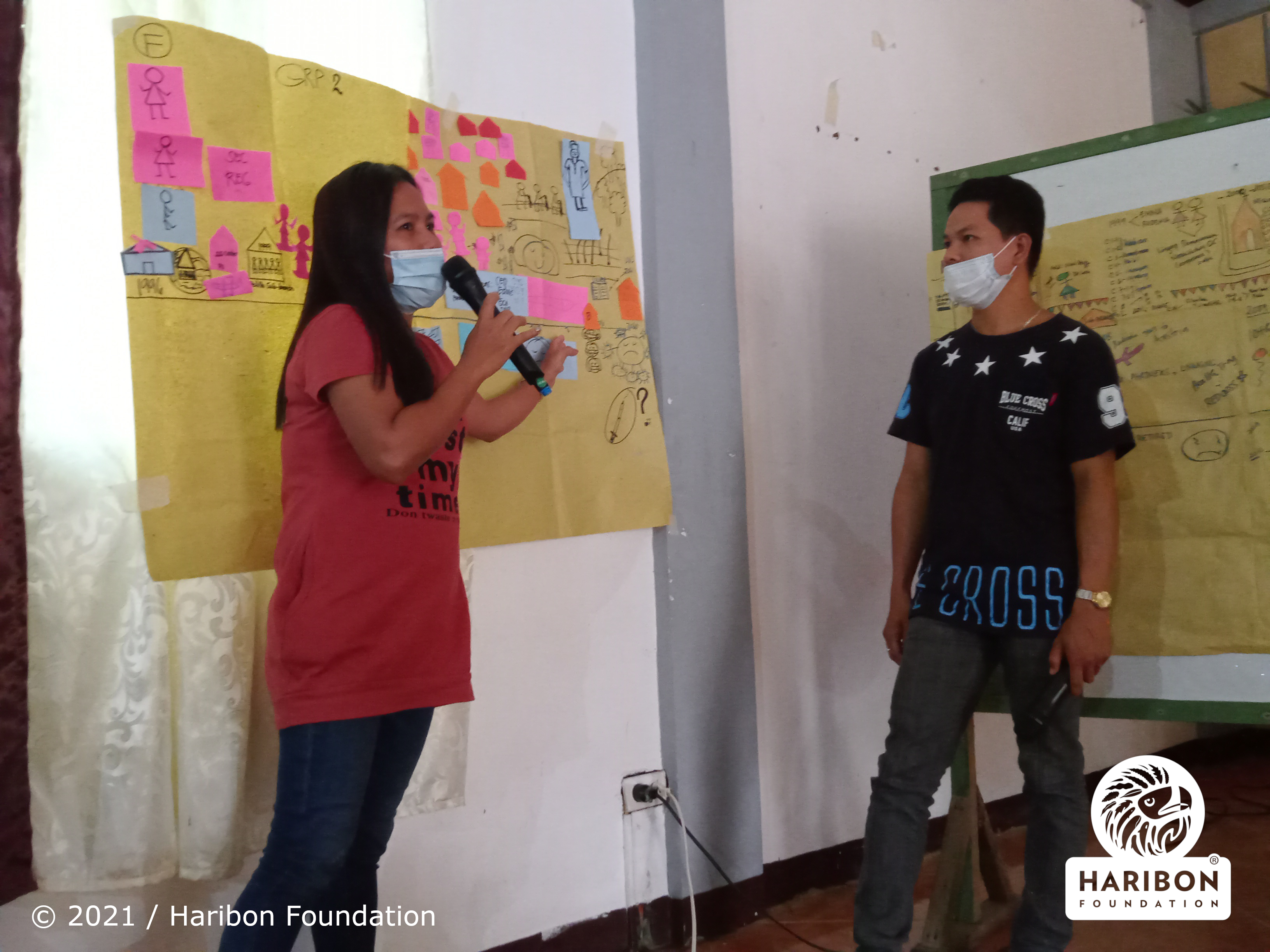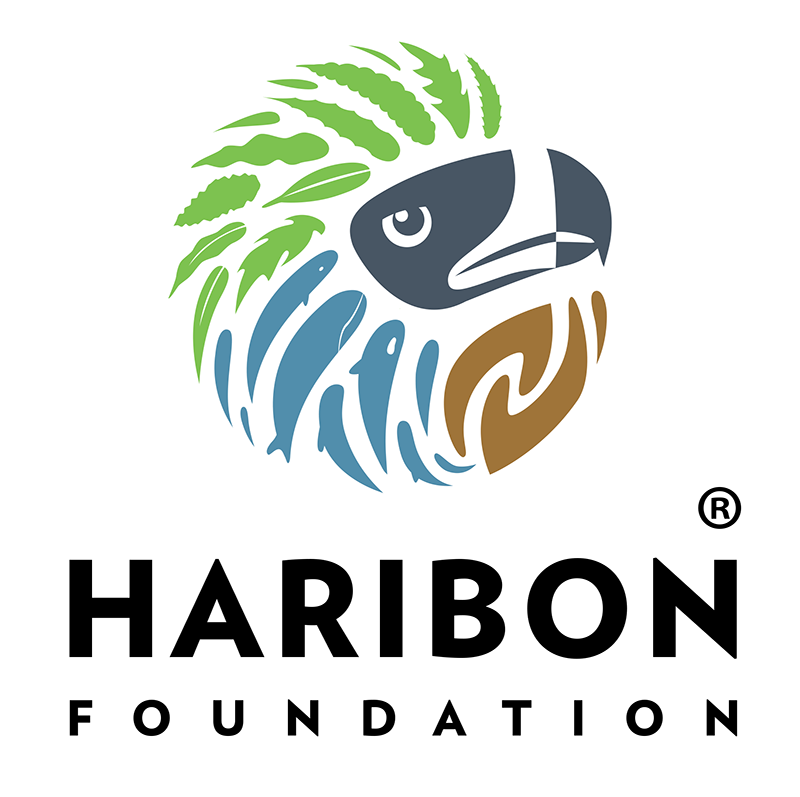In 1994, a strong typhoon locally named Sasing hit Real, Quezon which greatly affected coastal and forest communities. Immediately after, a group of nuns from the Sisters of Zion together with some women volunteers focused rehabilitation work on Brgy. Kiloloron to help rebuild homes and provided livelihood assistance and relief to women and their respective families.
The Kilos Unlad ng Mamamayan ng Real, Inc. (KUMARE) was born. Since then, the organization’s programs have expanded beyond the local government of Real, to the municipalities of Infanta, Gen. Nakar, Polilio, and Burdeos in the northern part of the Province of Quezon. They have been active in providing formation programs, financial assistance, livelihood, as well as initiating conservation activities like tree planting and clean-up drives.
Haribon Foundation, through the Enhancing the Role of Women in Protected Area Governance for Social Change (Women Go!) project funded by the European Union, partnered with KUMARE to further engage women in the Real, Infanta, and Gen. Nakar or REINA area. These municipalities are host to the protected area under Presidential Proclamation 1636, a significant watershed and biodiversity-rich forest area.
Last June 24 to 26, 2021, the women leaders of KUMARE participated in a Facilitators Training on Basic Ecology and Environmental Laws. The activity aims to equip women leaders with the basic concepts on ecology and biodiversity conservations, as well as skills in conducting the training to their respective communities and other members of their organization.
One of the highlights during the training is a discussion about the importance of women taking part in the management and governance of the environment. Aylene Fabula, an ecological officer and a member of KUMARE since 2018 expressed in Filipino, “Women have the right to an abundant environment and forests. The members of KUMARE are important stewards of the environment, especially in tree planting and other conservation activities. This is our most important advocacy, and we should promote to sustain this effort over the years.” She mentions the need to attract more members from nearby communities within the protected area (PP 1636). “We need to be more active in local development planning councils because the future of our children depends on this,” she adds.
Every protected area has a governing body called the Protected Area Management Board (PAMB). Because of the training, the women leaders realized the importance of their organization to be a member of PAMB. “Our voice needs to be heard. We need to know the management and development plans because we are also affected,” said Emma Ayapana, manager of KUMARE.
At the end of the training, the participants committed to conducting an information and education campaign for all their partner communities. More importantly, they prioritized their applications as members of management bodies, such as PAMB of PP1636 and local development councils, in their organization’s strategic plan. This will ensure that women’s voices are heard in situations where the status of the environment will greatly impact women and their families.

